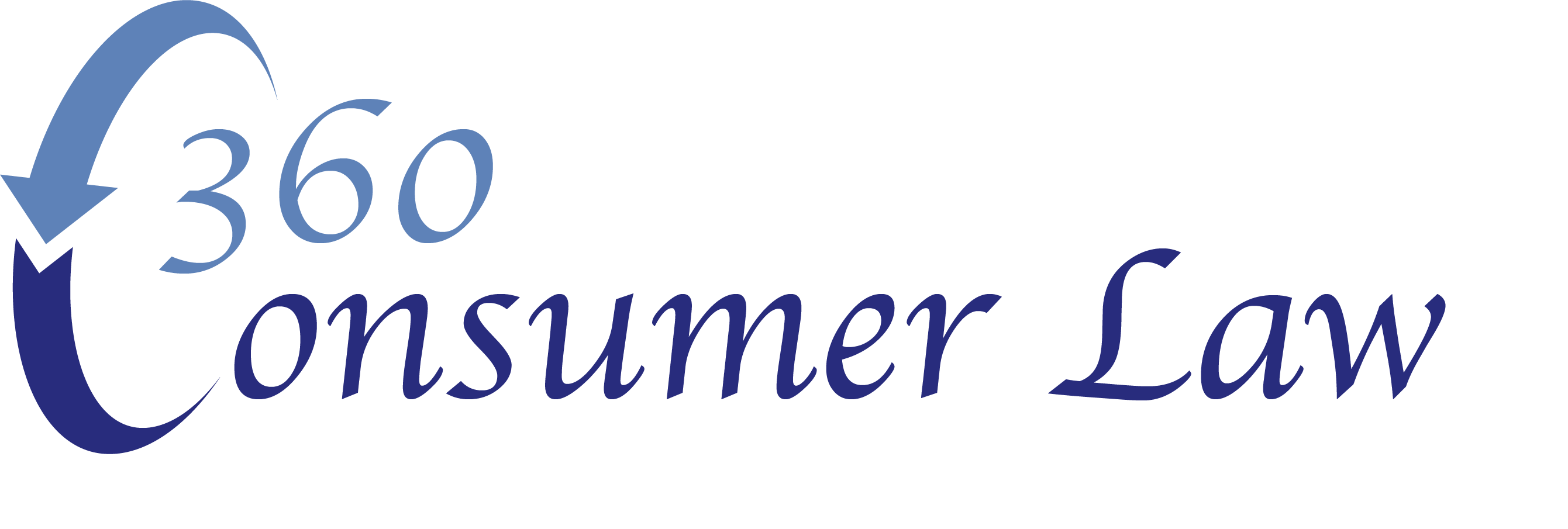If you’re one of the millions of Americans struggling with overwhelming credit card balances, you may wonder if debt resolution is a good idea for you. You possibly can negotiate with your creditors so that you pay less than what you originally owed. Debt resolution offers people struggling with debt an opportunity to regain control of their finances, reduce financial stress, and work toward a brighter financial future.
What is Debt Resolution?
Debt resolution refers to various strategies and programs designed to help people manage, reduce, or eliminate their debt burdens. It can take many forms, and the specific approach depends on the nature of the debt, your financial situation, and the available options for resolving the debt. Typically debt resolution is used for specific types of debts such as credit card debt, medical bills, personal loans, and student loans.
How Debt Resolution Works?
Debt resolution is when you or a someone on your behalf negotiate with creditors to pay off your balance for less than you owe. A creditor generally will be resistant to settling with you unless they think they won’t get paid otherwise. You may need to offer a lump-sum payment in exchange for the rest of the debt being discharged. This process may also be effective in helping you avoid bankruptcy, although debt settlement may affect your long-term financial health.
Resolving debts generally involves negotiating with creditors to settle debts for less than the full amount owed and negotiating either a lump-sum or structured settlement resulting in significant reductions in the total debt balance. If you are in serious debt to multiple creditors, separate agreements need to be negotiated with each one. The debt settlement process typically involves assessing your financial situation, developing a budget and plan for saving, negotiating with creditors to reach settlements, and establishing a structured repayment plan. Instead of making regular payments to
Is Debt Resolution Right For You?
Deciding whether debt resolution is a good idea takes careful consideration of your financial circumstances, goals, and risk tolerance. Before making your decision you need to come to terms with how bad your financial situation really is and what options are available for you to resolve your situation. If a debt management plan or a debt consolidation loan doesn’t work or hasn’t worked, then debt settlement may be your next option.
Here are some questions to ask yourself:
- Do you have levels of unsecured debt, like credit card debt or medical bills, that are higher than you can realistically pay off?
- Have you been unable to keep up with minimum payments?
- Are the debt settlement alternatives unavailable to you?
You may be a good candidate for debt settlement if you answered yes to at least one of these.
If you are interested in learning more about Debt Resolution or finding out more please contact 360 Consumer Law™ today. We know how to negotiate on your behalf. We will be your advocates and make sure your financial future is eased!
Share with your Friends:




